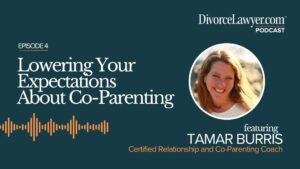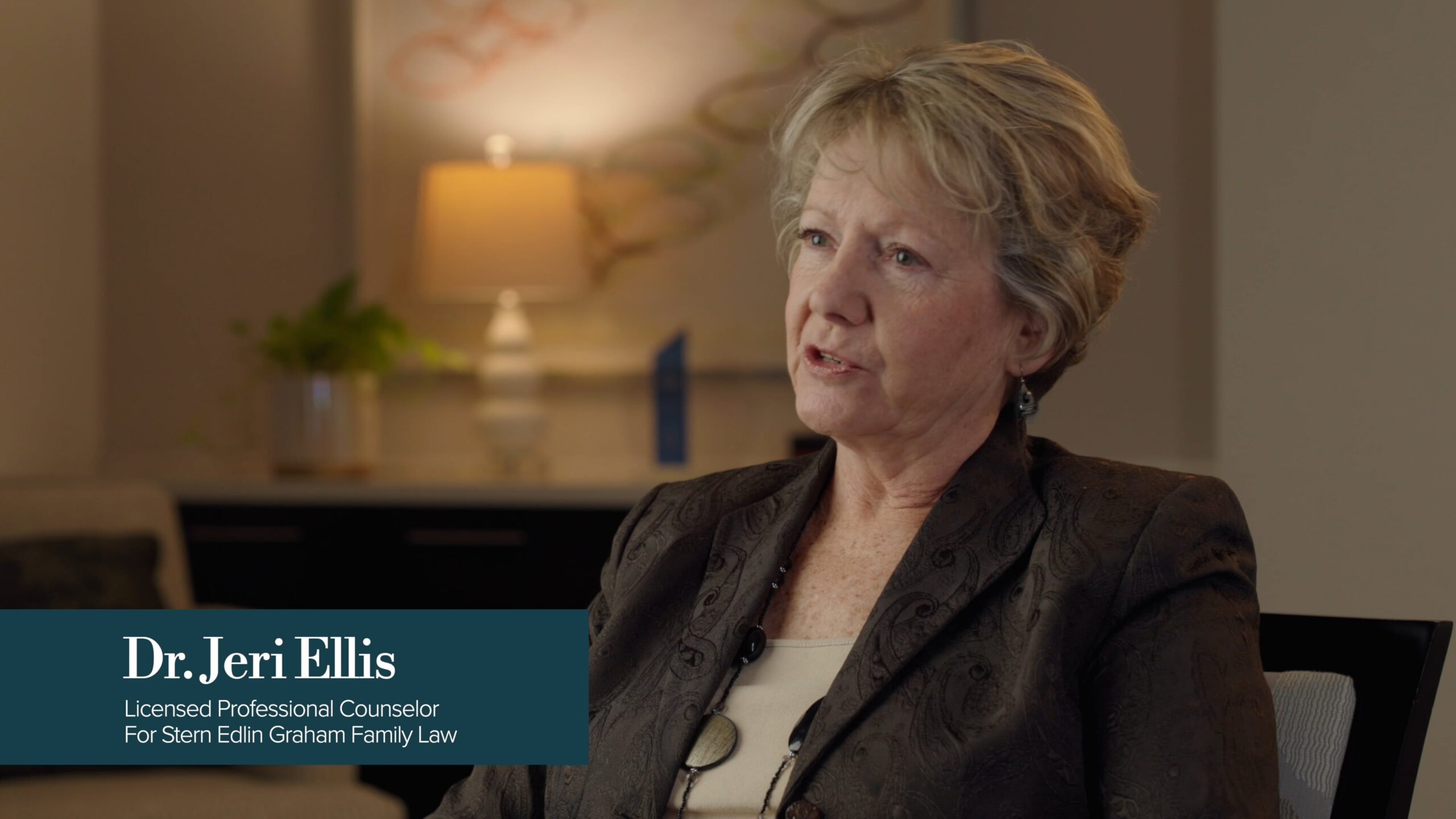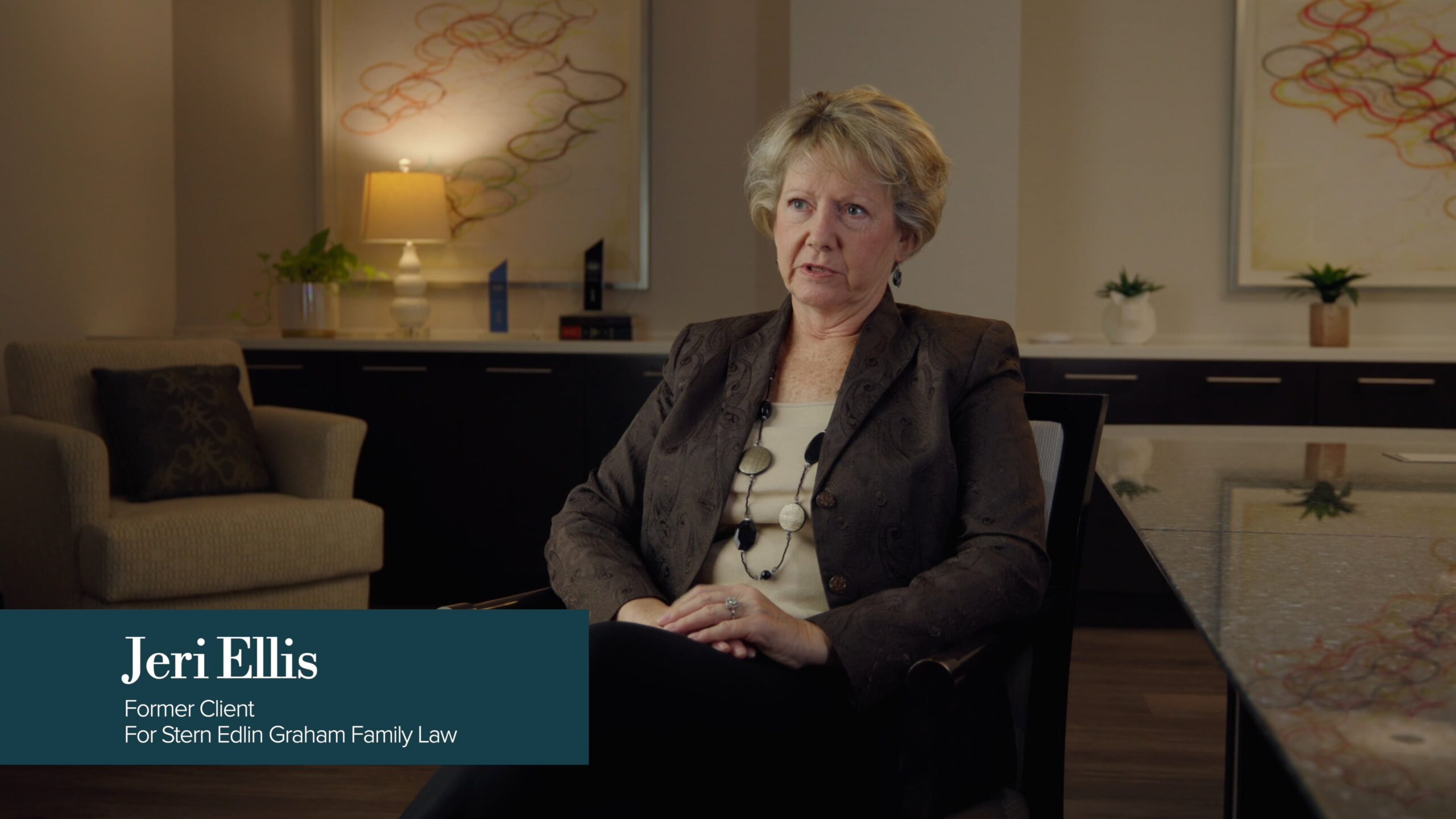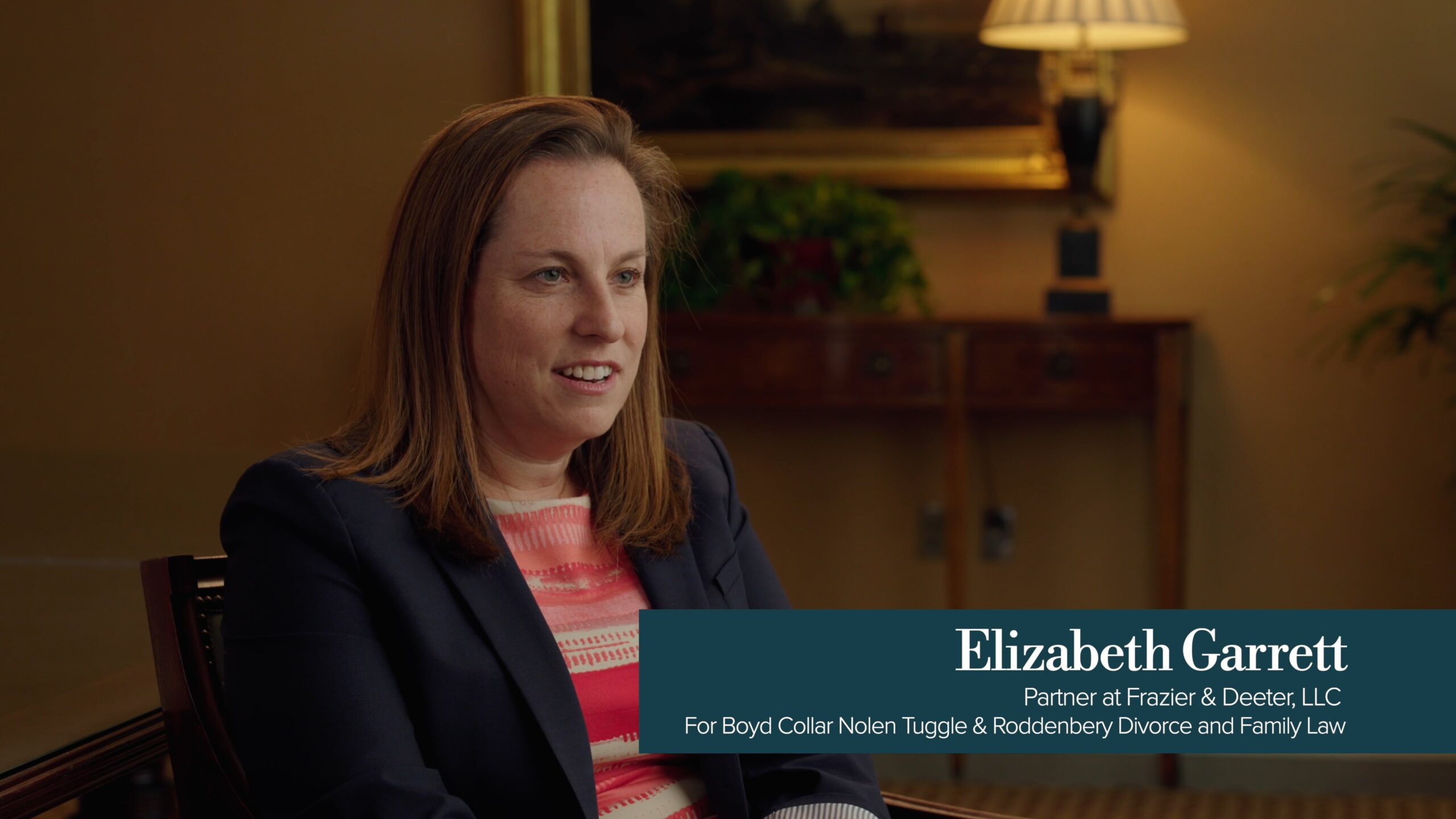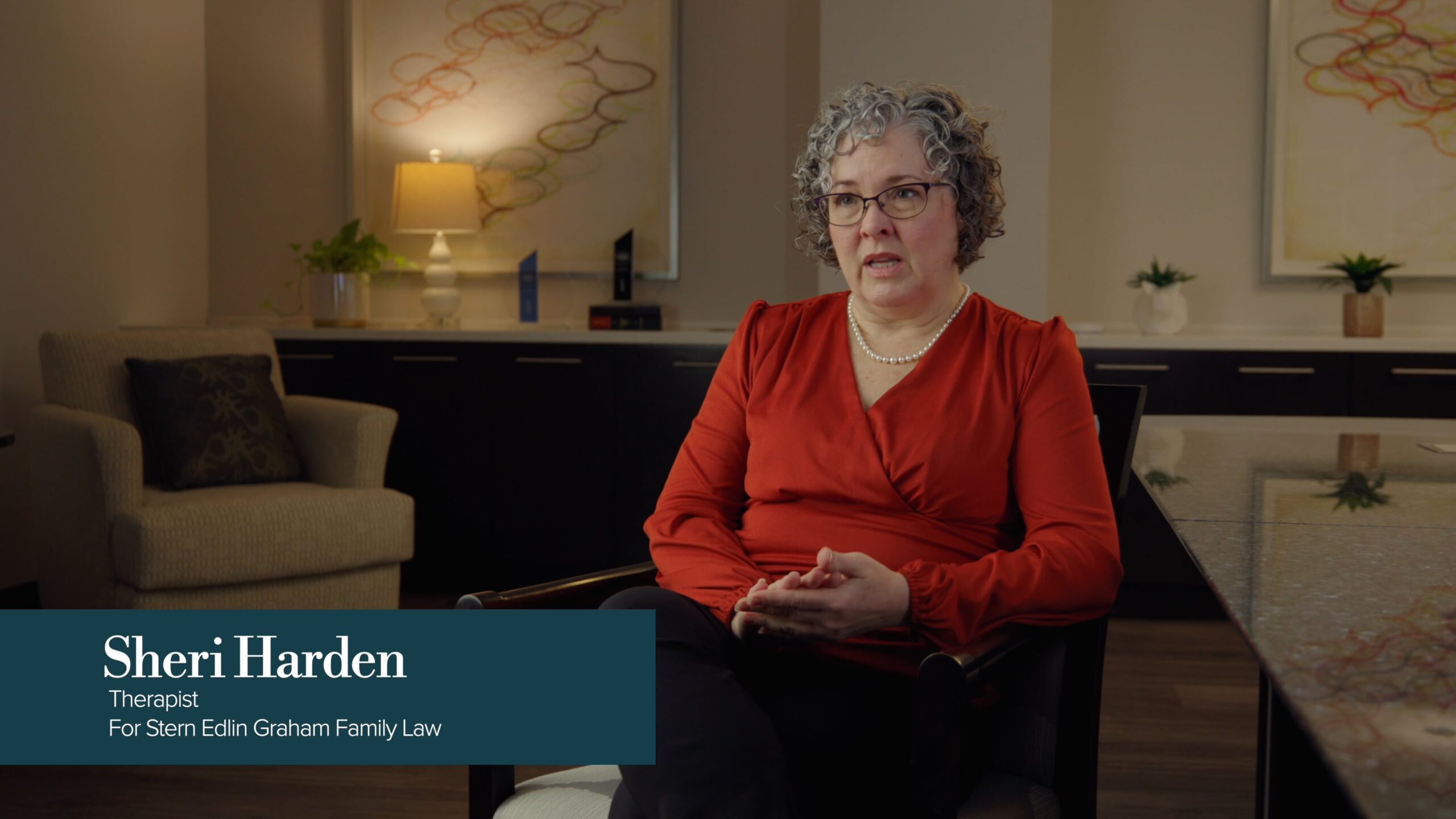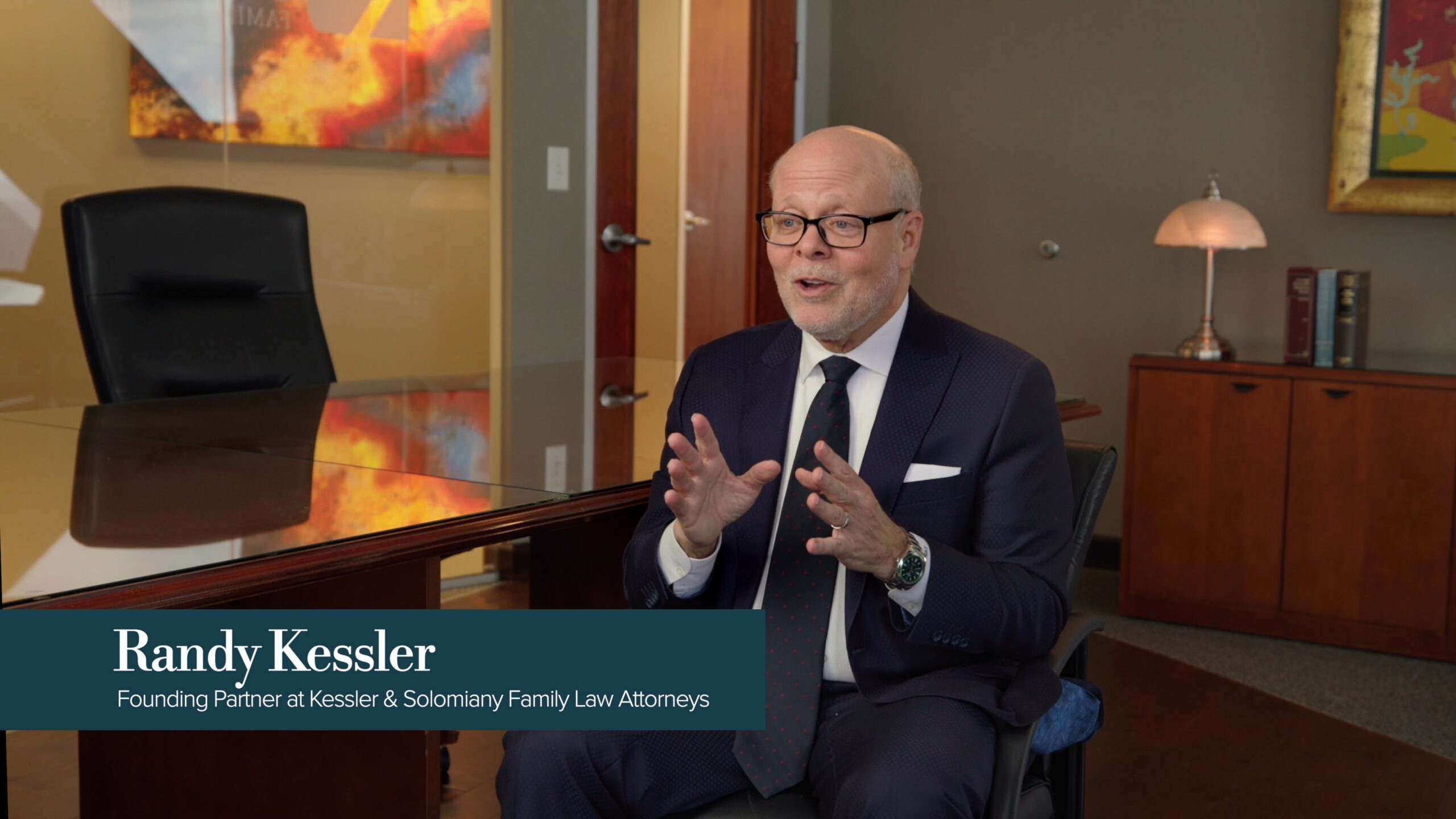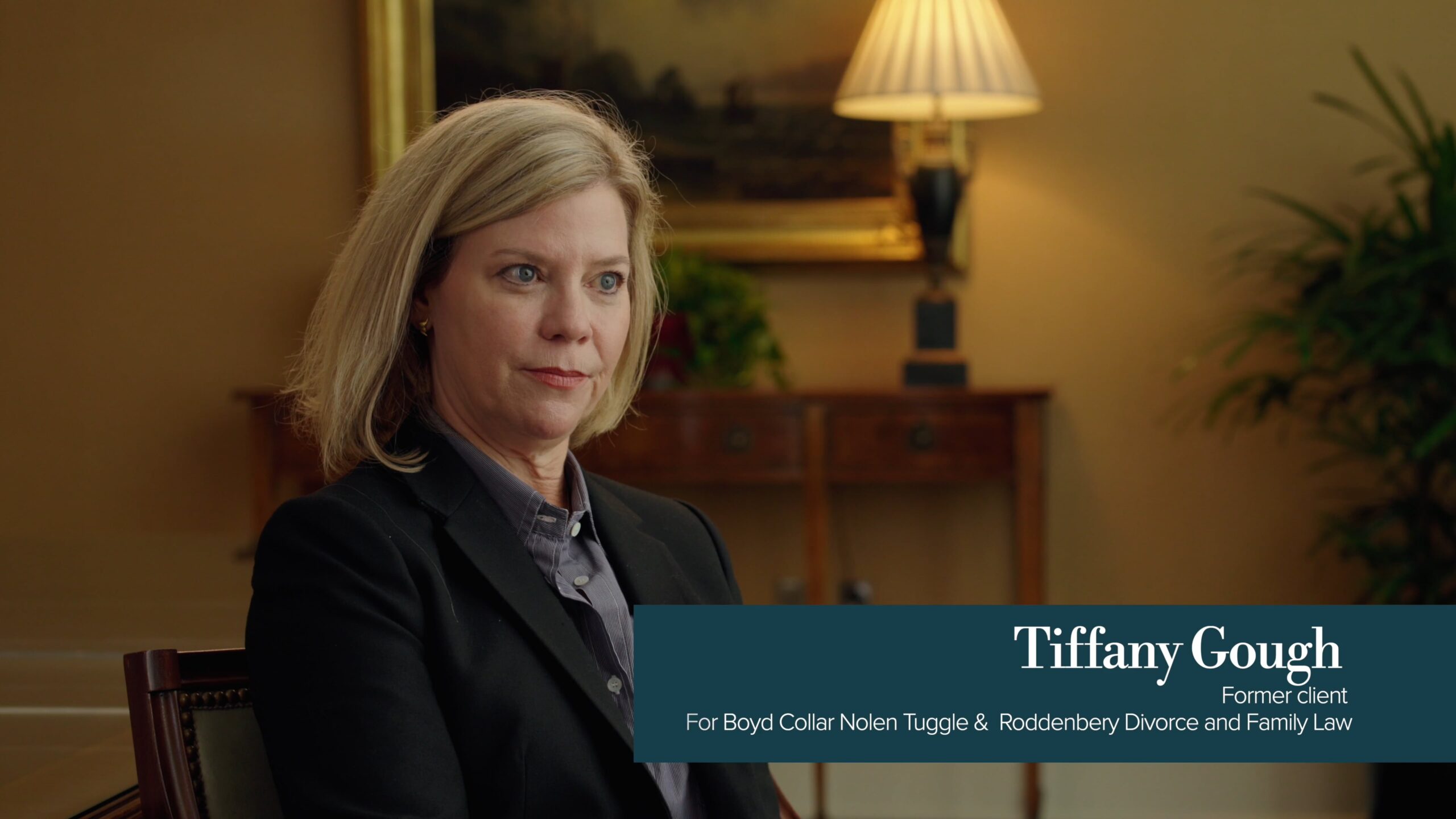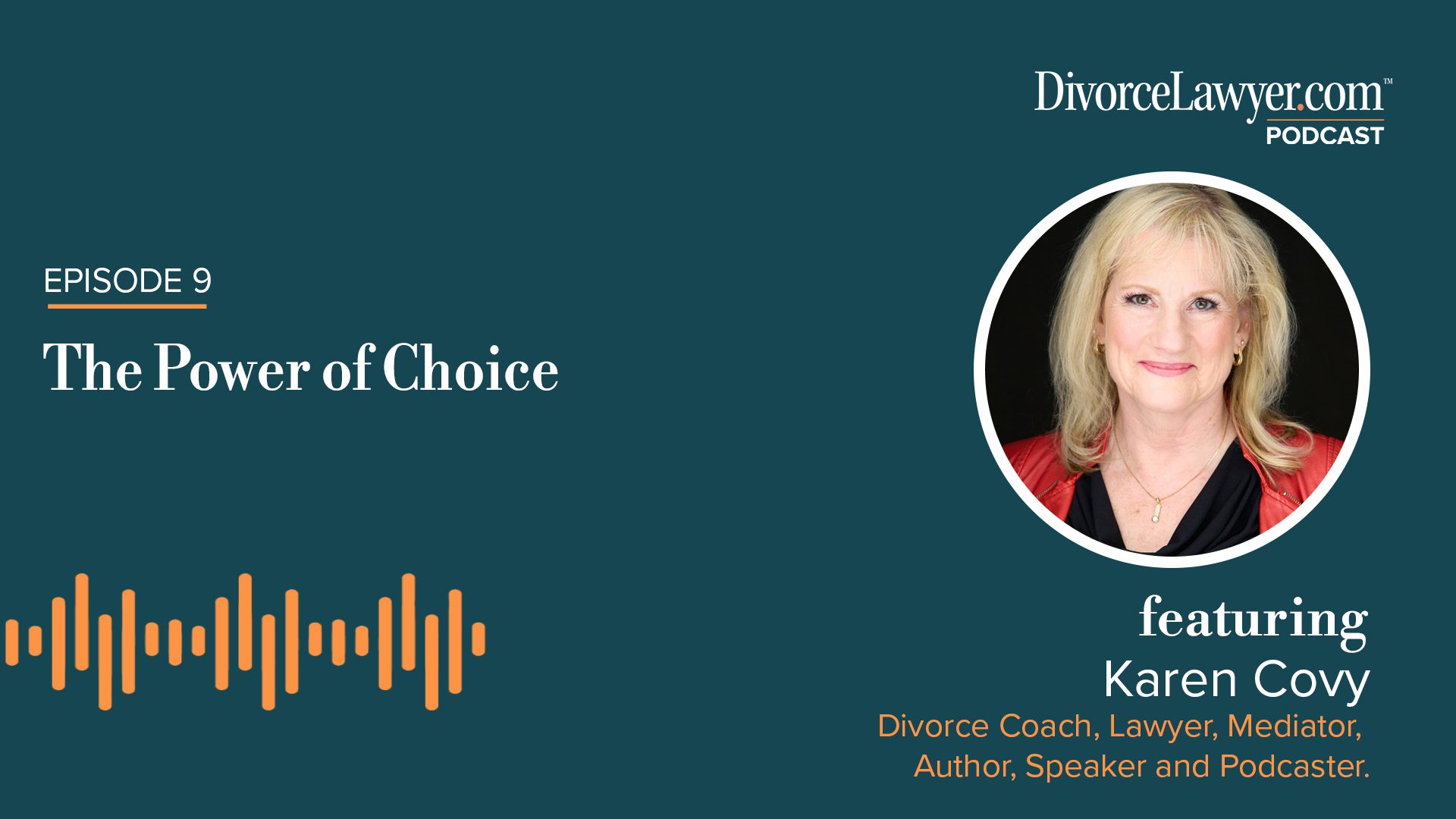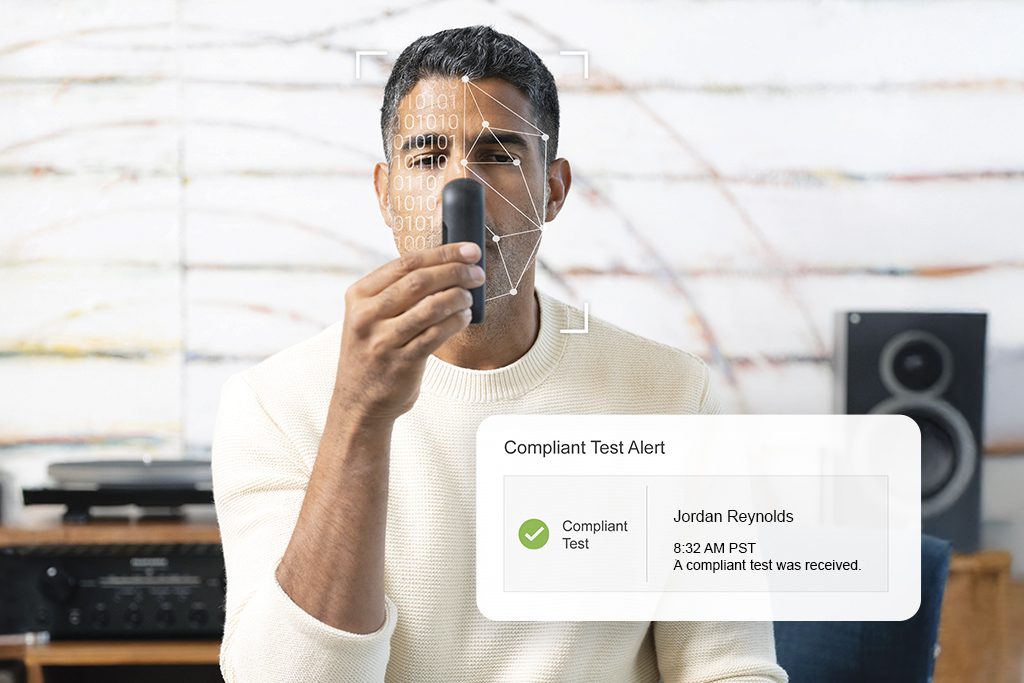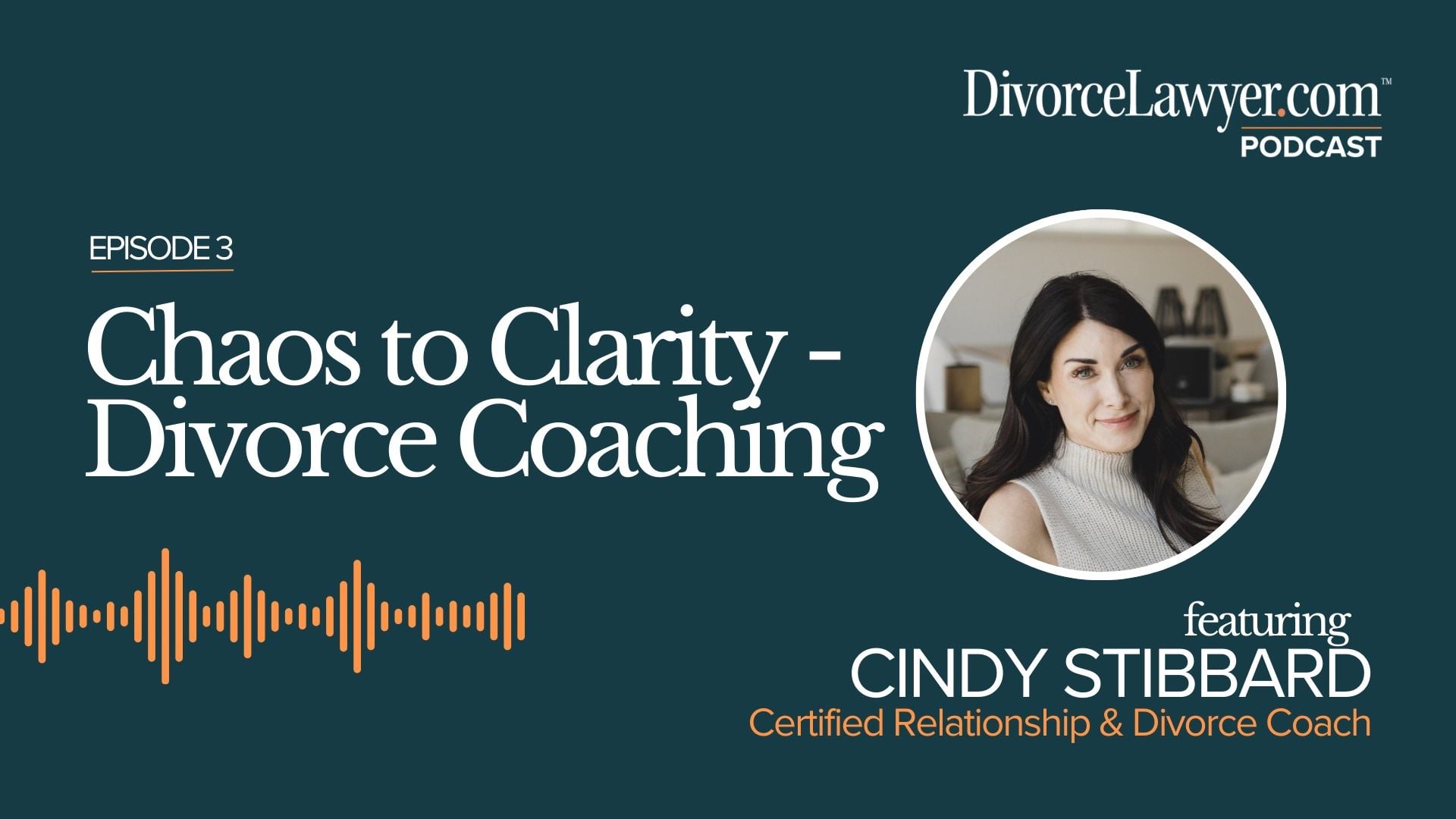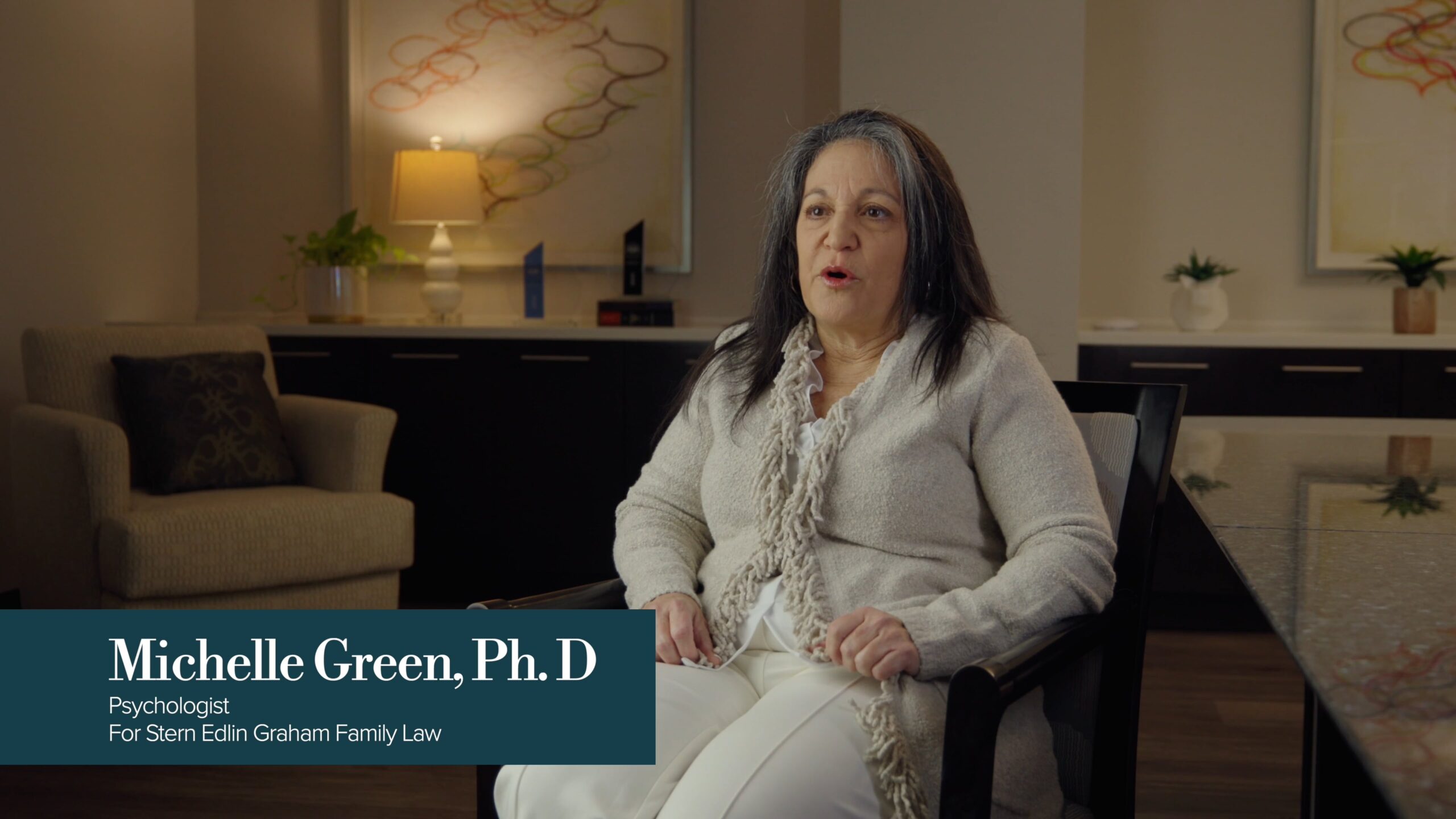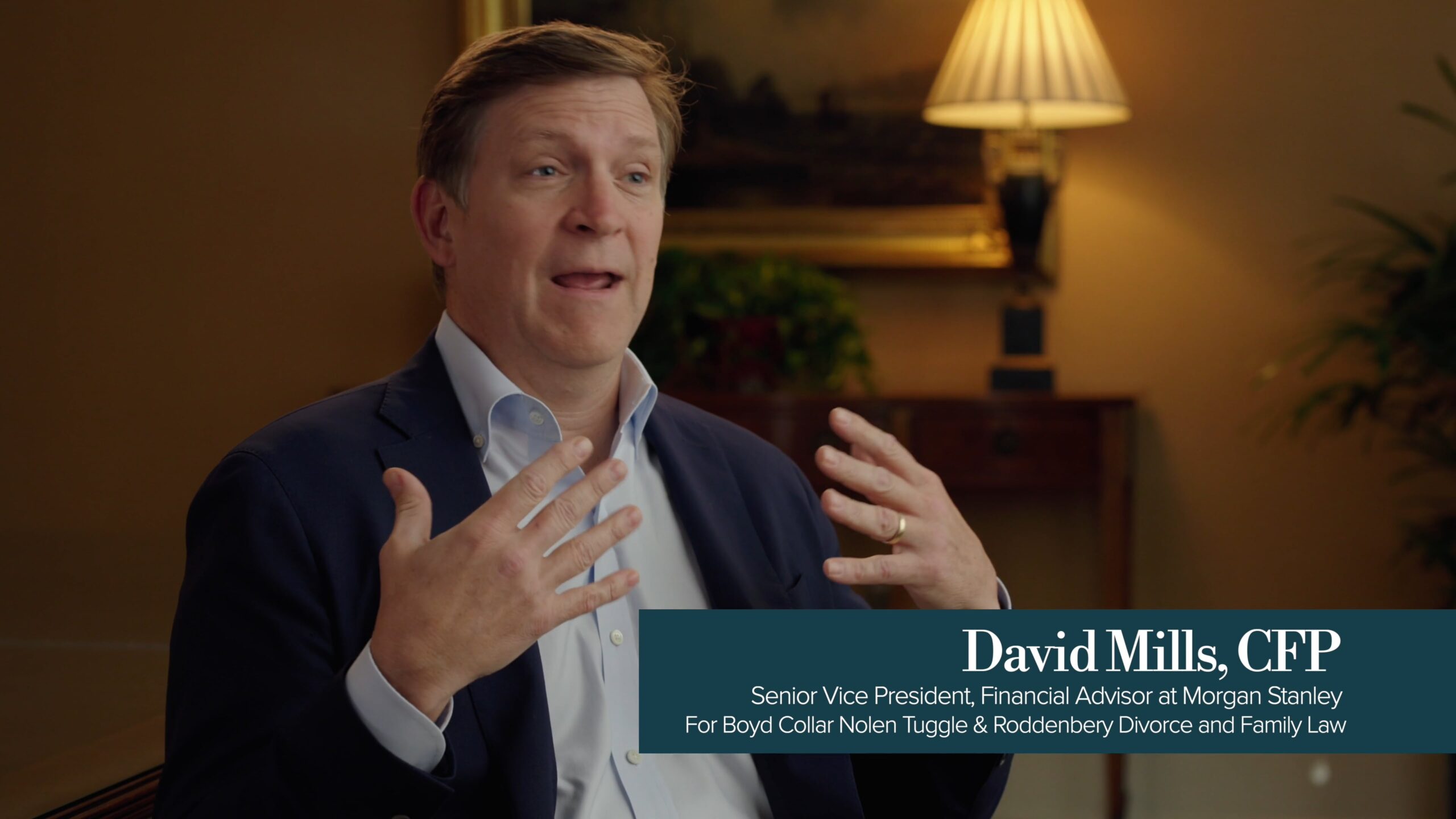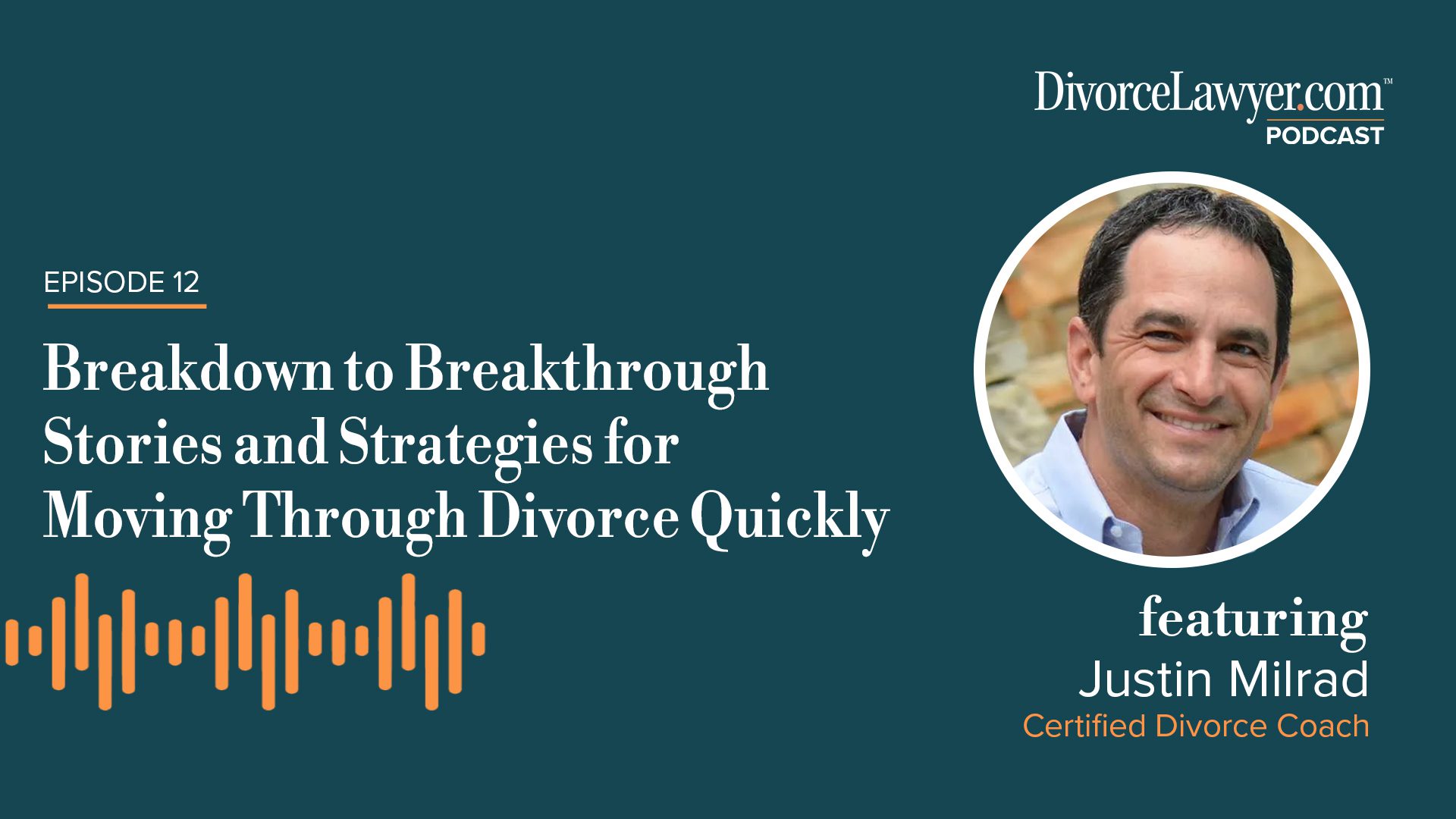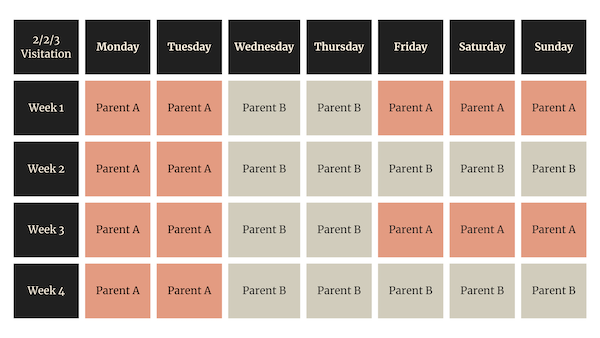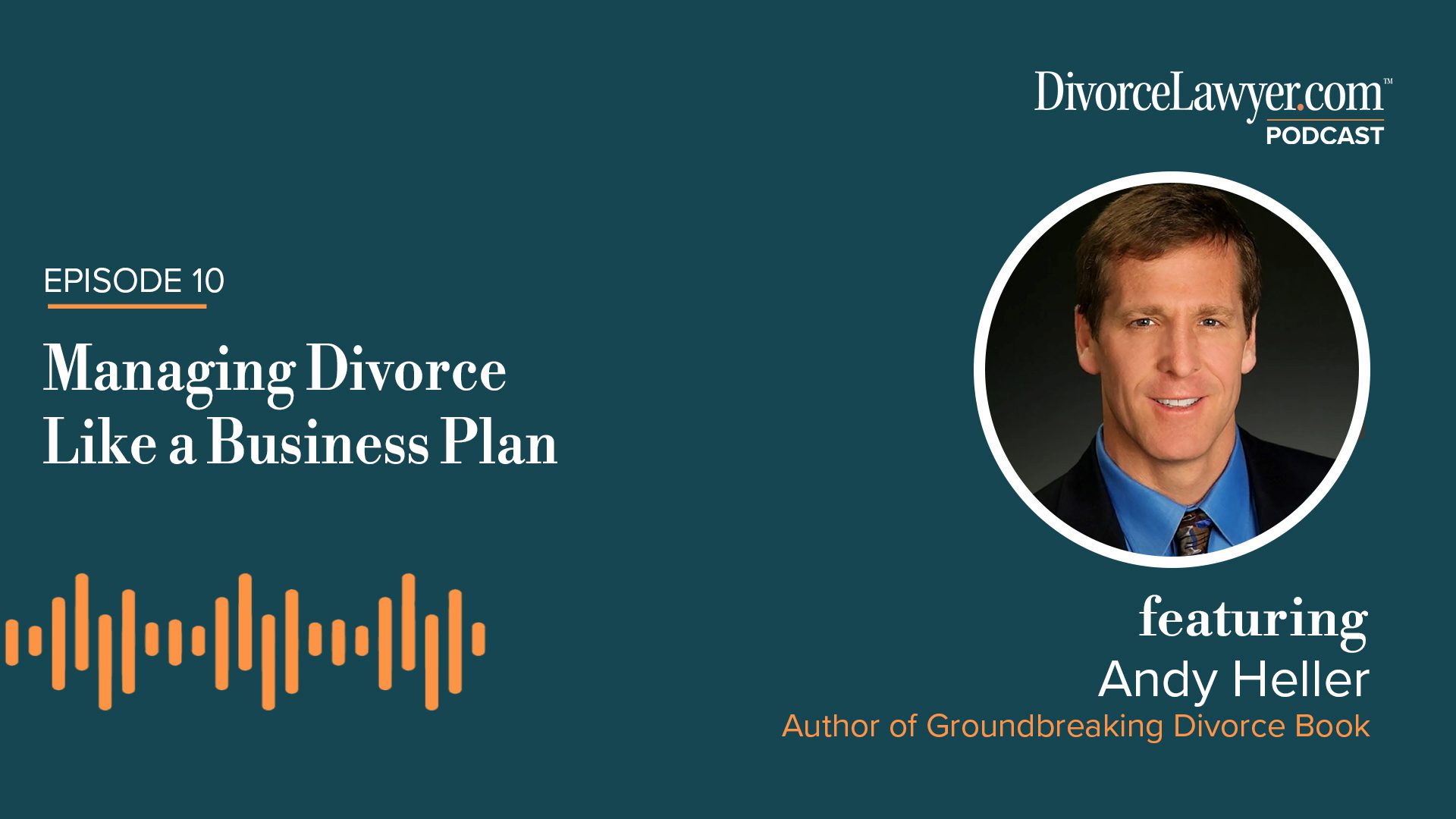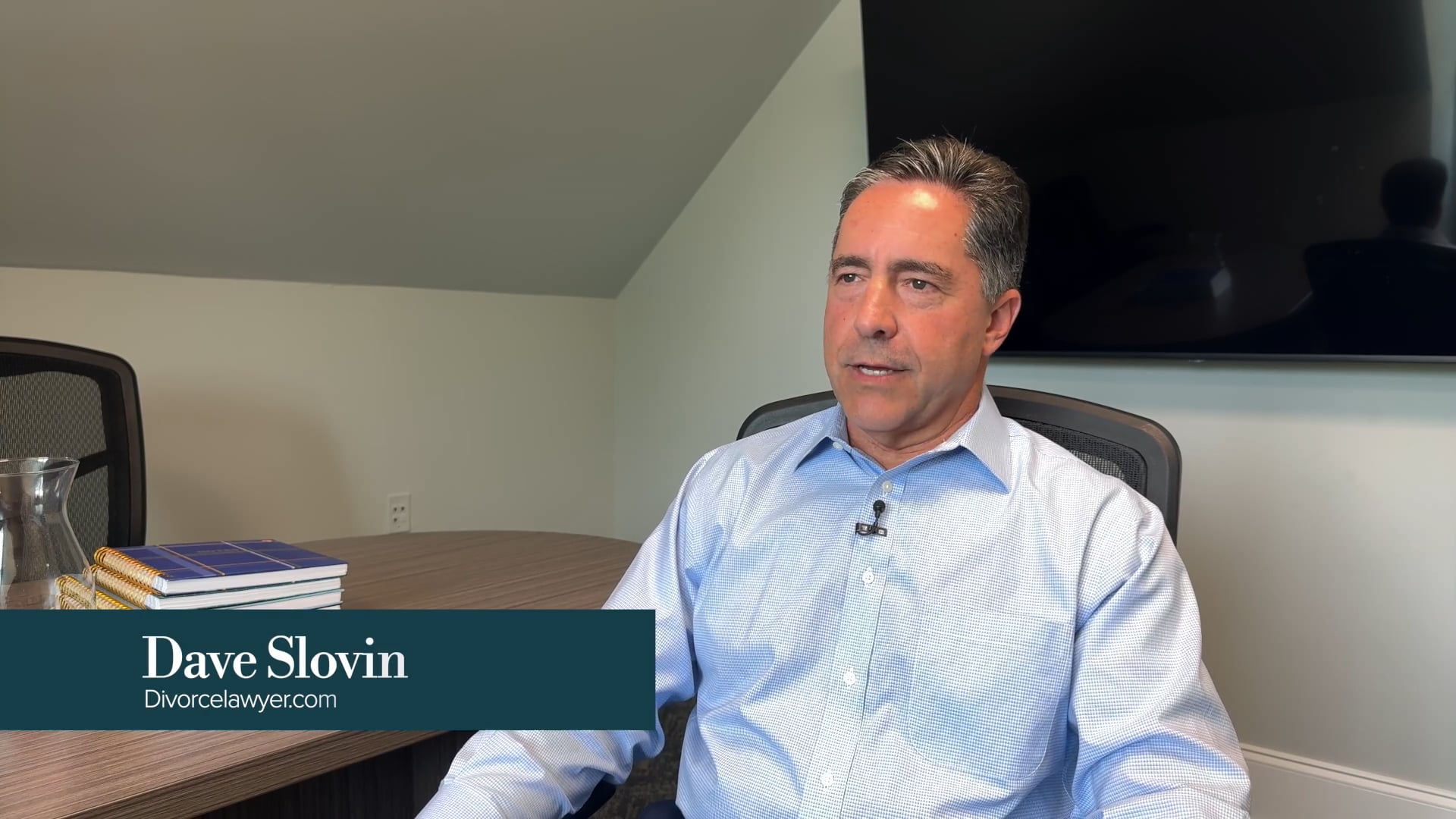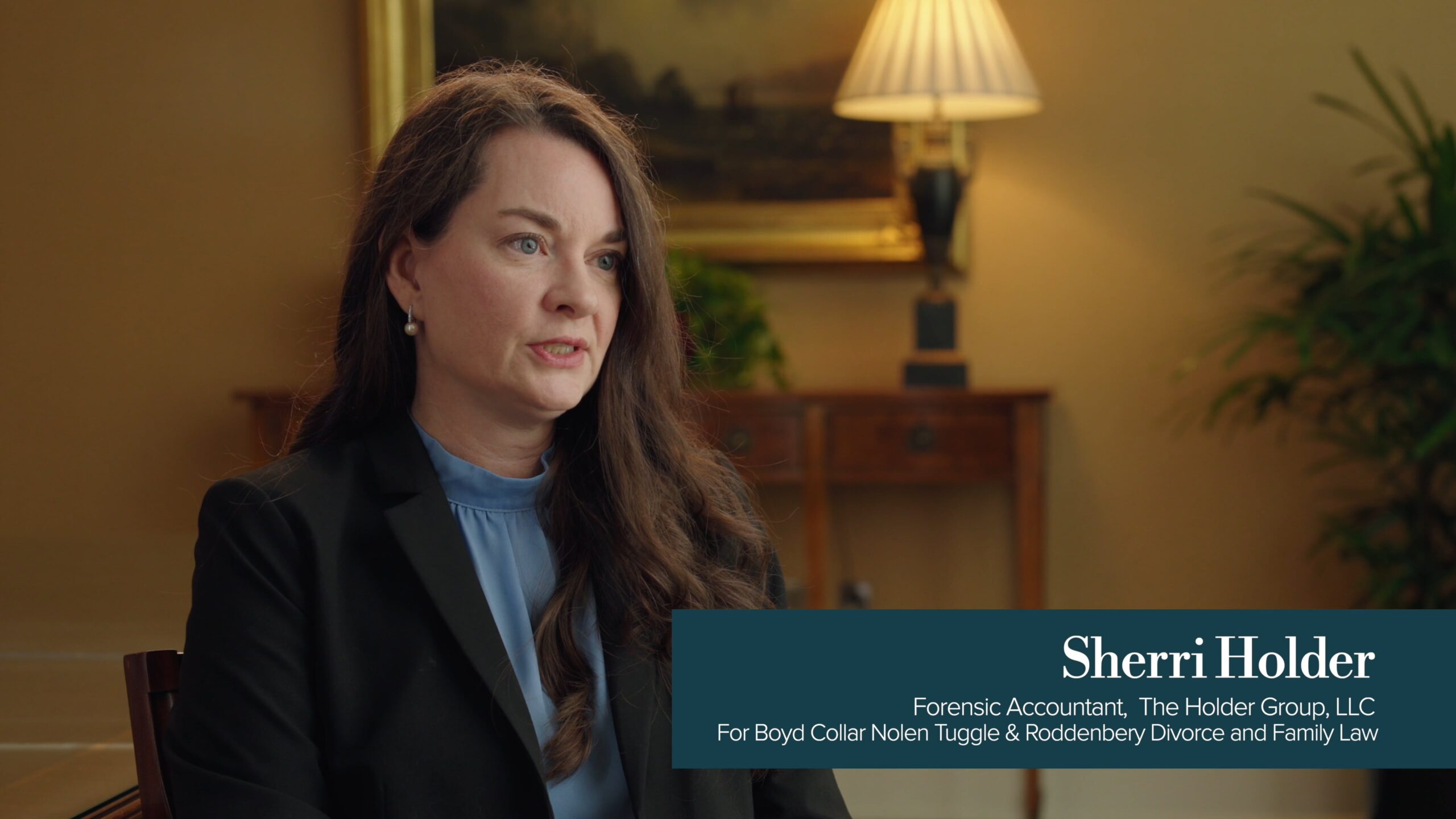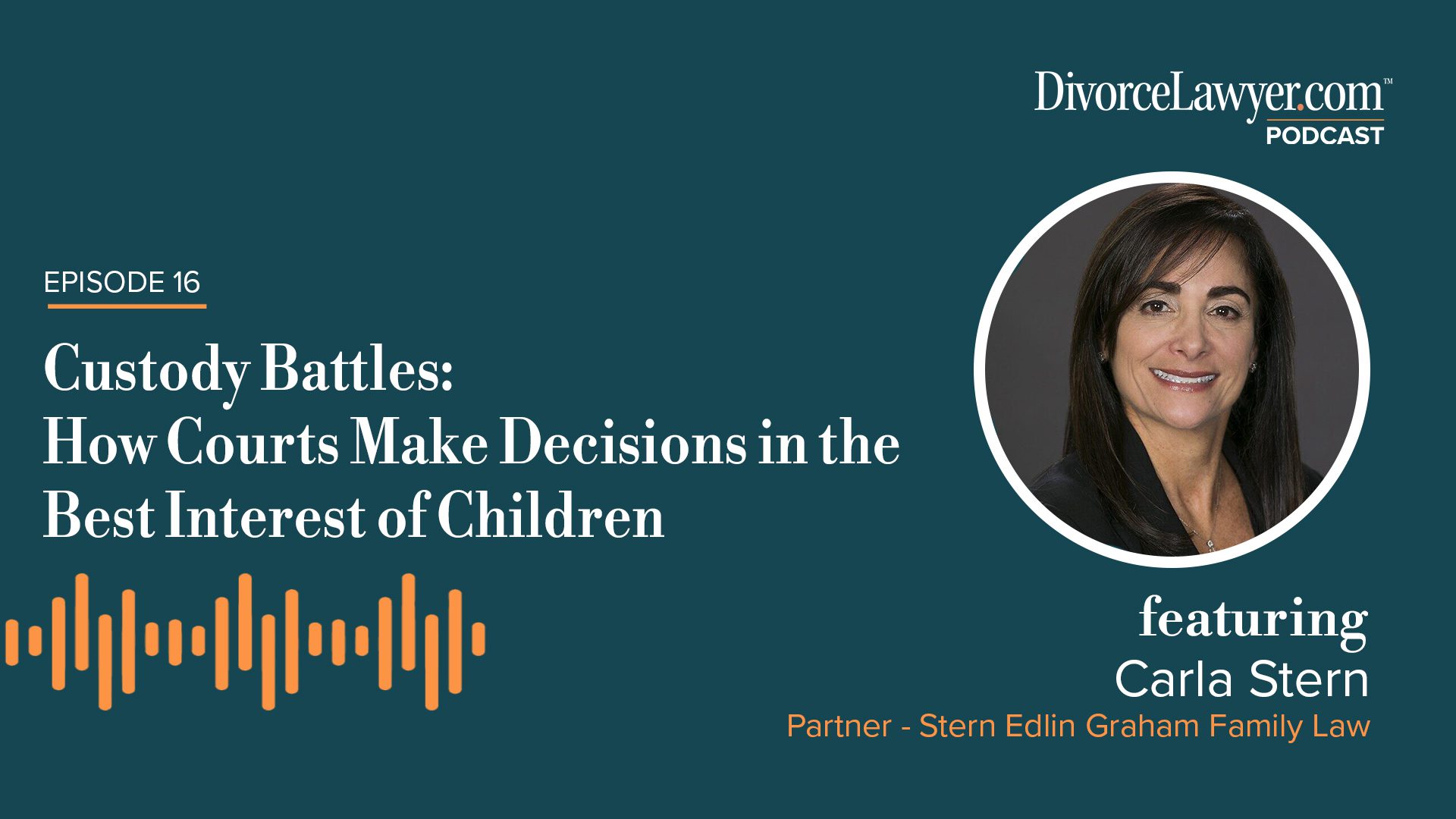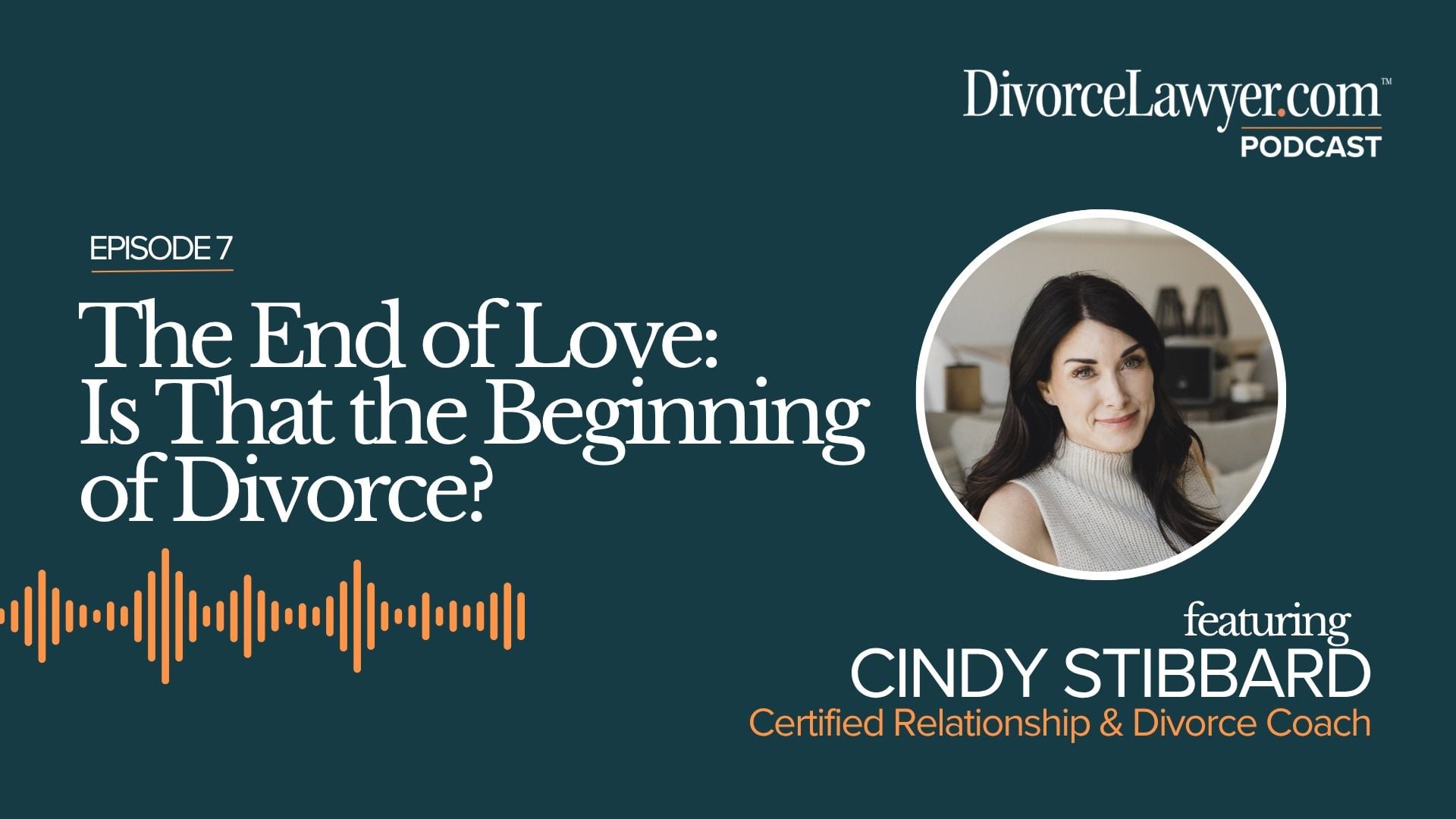Lowering Your Expectations About Co-Parenting
OVERVIEW
In this episode of the DivorceLawyer.com Podcast, host Rob Roseman talks with certified relationship and co-parenting coach Tamar Burris about navigating the challenges of co-parenting after divorce. Tamar shares strategies for protecting children’s emotional well-being, setting boundaries, and improving communication with a co-parent, especially when trust and respect are strained. She emphasizes the importance of honesty without oversharing, using tools like co-parenting apps to reduce conflict, and keeping divorce details within a close circle to minimize gossip. Tamar also offers practical tips for managing transitions between homes and reminds parents that co-parenting is best approached as a business-like partnership focused on the children.
HIGHLIGHTS
- Avoid sugarcoating. Be honest with kids without adult details.
- Never put children in the middle of adult conflicts.
- Keep divorce details within a tight circle to limit gossip.
- Trust co-parent only with child-related matters, not personal ones.
- Use co-parenting apps to reduce reactive communication.
- Keep messages short, clear, and with a call to action.
- Don’t interrogate kids about the other parent’s home.
- Allow time for children to adjust during transitions.
- Shift the co-parent relationship to a business-like partnership.
- Let go of expectations you can’t control.
TRANSCRIPT
Rob: All right, welcome to the DivorceLawyer.com Podcast. I am your host, Rob Roseman. And today we are lucky to be joined by Tamar Burris. Tamar is a certified relationship and co-parenting coach. Her motto in working with two-family homes and divorced parents is co-parent without blame, shame, or games. Tamar, thanks for being here.
Tamar: Thanks for having me, Rob. I really appreciate it.
Rob: This is the stuff people don’t really think about during the divorce process, but right when those papers are signed, this is, I always say this is when the real fun begins, and when you quickly realize how working with a professional is so important.
Tamar: It’s true. And really, if you can think about it ahead of time, you know, I know everyone gets really wrapped up in this whole divorce process. Getting the lawyer, getting to know what comes next. But before you even talk about divorce with your soon-to-be ex-spouse, if you can start talking to a professional about what this might look like afterward, it’s really helpful to do that from the beginning.
Rob: That’s very smart. So let’s hop right into it. We’ve got eight questions that we’ve got a lot from our audience, and that we see a lot. So let’s go. Question number one, Tamar, what is the biggest mistake you see parents make when trying to shield their kids during a divorce?
Tamar: That’s a good one. The biggest mistake that I see parents make when they’re trying to shield their kids during a divorce is probably to sugarcoat a lot of the things that are happening. I mean, not that you want to tell your kids all the nitty gritties of the adult stuff, but you also don’t want to pretend that this isn’t changing, that this isn’t happening, or that mom or dad didn’t react in a certain way, or that, you know, life isn’t hard right now. You really want to be open with them about, yeah, this is a change, and this is hard for all of us, and we’re going to get through it.
Rob: And along those same lines, how do you see, like, what’s the nuance between protecting your kids, and I’m sure a lot of parents end up putting their kids in the middle of the process. Any stories you’ve seen with that, and maybe things you can work through? It’s probably a natural feeling when you’re having all of this conflict, and your kids. How do you see that play out?
Tamar: It happens even to the best of us sometimes. We want to be great parents. But here we are in the midst of this situation, and we want to make sure that we are being authentic and honest, and you know, and all of a sudden, here we are oversharing with our kids. And that’s a big problem. We put our kids in the middle, or there’s conflict between us and our, you know, our co-parent. And so we’re just going to talk to our child and make them deal with it. Oh, you have to be responsible for this. And you tell Dad this, or you tell Mom that.
And what happens is that we’re, we’re doing what’s called parentification, and we are adultifying our kids, and we’re making them too old, and then we’re making them responsible for things that they don’t need to be responsible for. And I see it specifically or particularly, I guess, with my clients who have teenage kids, where they think that teenagers can handle things and that they should be told more. And it’s still totally inappropriate. And you know what, it’s even inappropriate when your kids are adults. You don’t want to overshare with your children. No matter what age, they are still part you and part their other parent, and they don’t need to be in the middle.
Rob: I’ve seen a lot of parents are frustrated where Mom’s like, oh, Dad cheated. Or Dad will say, oh, Mom did this. This is the reason why we’re divorced. And when there’s that frustration built up, any tips on like how a parent can communicate or even not communicate those things that’s just bubbling inside of them?
Tamar: Yeah, well, I mean, the biggest is don’t communicate that, right? Kids don’t need to know again, no matter how old they are, young, teenager, adult, they don’t need to know the nuances of what exactly split this marriage apart. Because the truth is, even if dad cheated or mom cheated, you know, stuff led up to that, right? There’s stuff that happened in the marriage that probably made it possible to have that door open. Not saying it’s your fault, but you know, there’s a lot of it that takes two to tango, and the kids don’t need to hear any of it. So keep it away from them. This is the stuff that you talk to your therapist about. Maybe you’re a very trusted best friend. You also don’t want to share it around the community because you don’t want your kids to hear it from somebody else.
You don’t want them to hear it at all. Now if they are aware like mom or dad had an affair, now they’re immediately living with someone or something, they then, you know, you can have a conversation if they want to talk about it, but you make sure that they are the ones that want to talk about it, not you. And you ask questions instead of giving them information. If they say, you know, dad’s living with so and so, did they have an affair? Well, what do you think? And what does that mean to you, and how do you feel about that, rather than imparting how you feel and what you think on your children?
Rob: Yeah, I hear you say that a lot. Listening, asking questions. Almost the less you say, the more impactful it can be. You brought up a good question. A good point here too, when you hear other people talking about it. So let’s say your kid’s in high school and they’re saying, oh, I heard your parents got divorced because of this or that, and that must affect the kids. And then the kids come home and talk to you. How do you deal with that kind of gossip around divorce and kids?
Tamar: It’s really hard. I mean, for you, if you can keep it as close to yourself as possible and keep it in a tight little circle, then hopefully there won’t be as much gossip. But you can’t control what’s happening on the other side. Gossip does happen, and gossip hurts. So I try and help my clients look at this as a lesson, right? Your kids are going to high school. They’re going to hear gossip. They might hear mean things about themselves. So in this case, it’s about divorce. So, how do we teach them to be strong? How do we teach them to think critically? How do we teach them to look for the people who are supportive, you know, and you want to just take the lessons that you would, whenever there be gossip and apply it to that. Okay, you heard this from some of your friends. How do you feel about that? And why do you think your friends are saying that? You know, whether it’s true or not, should your friends be saying that? Are these the people we want to surround ourselves with? Why or why not? You know, and teach them sort of stay away as much as possible from the actual facts or the actual information about the divorce that’s going around, and just give them life lessons about gossip and about a supportive community.
Rob: What would you tell a child, maybe a younger one, especially where a kid comes at them and says, oh, I heard your parents are divorced. They don’t know. We don’t know what to say. Expecting them to say, I’m putting you on the spot here, but a really simple script or something they can use to deflect or respond when a kid is kind of picking on them about this topic.
Tamar: Yeah, well, I mean, it depends on the child, right? It depends on their personality. But honesty is usually the best and the easiest way to diffuse any of that. So if you tell your child, okay, well, how does that make you feel? And they say, it hurts my feelings, you know, and I’m sad that you’re getting divorced, we’ll tell this other kid, it hurts my feelings when you say that, and I’m sad that my parents are getting divorced.
Rob: Yeah, that’ll probably shut them up real quick. They’re not expecting that. That kind of mature response. All right, next question here. How can you co-parent with somebody who you don’t trust or respect?
Tamar: That’s really hard. And we often start at the end of a divorce with that idea of not trusting or respecting this person. And the thing to remember is that time shifts our relationships, right? So five years from now, you might trust them more, you might respect them more, you might not, but you might. So just know that. Give it time, and things will work out. The thing is, with co-parenting, you really only have to trust them with your children. You don’t have to trust them with your heart. You don’t have to trust them with things in your life. You don’t have to trust them with your bank account. You don’t have to trust them with anything but your children.
And I know our children are important, but if you can look at this sort of objectively and say, are they a decent parent? Are they feeding my children? Are, you know, are the kids sleeping okay? Do the kids still go to school? Are the grades suffering? You know, do the kids seem like they’re doing all right and surviving at dad’s or mom’s house? Or have they been coming to you with major problems? You know, as long as the co-parent is meeting the minimum for your children, then you have to trust them on that level. And that’s the only level you need to trust them.
Rob: That’s a good, helpful reframe because I think we conflate all of the things that we can’t stand about the partner, former partner, as if they’re also not the best parent. And it’s like, well, they might be terrible at this and they might have done this, and they can’t do that, but they are. They do get a B minus in parenting. So it sounds like you have to, like, figure out a way to untangle all of those. Those feelings. Can you give us a few like phrases or language shifts divorced parents can use to improve communication? Reduce tension. When it gets really heated and you’re in that moment and you’re just flooded with cortisol, like things you can say when you know, we’re like, I wish I had tomorrow on my shoulder to help me respond here.
Tamar: Well, nine times out of ten, when I meet with a client after they’ve had a conflict like that with their co-parent, they’re like, gosh, I wish I didn’t say that, or I wish I just left that one alone. But I couldn’t help myself. So, so my. I think that the biggest thing I would say is take a moment and step back. If you can give yourself a pause, that’s what you need to do. Pause that text, pause the in-person conversation, pause whatever it is, and you can say, I need a minute. Just walk away, take a little walk, take some breath, calm down. That is the easiest way to shift how you’re going to show up. You need to show up without emotion. And when you’re heated like that, it’s really hard to control what you’re going to say.
Rob: Yeah. Especially over text. You get the ping and you’re like, oh crap, who’s it going to be? And then you look, and then you’re, how dare you. So I think it’s even harder in today’s world because we’re programmed to respond so quickly to text, and we get triggered. It sounds like you’re saying, don’t respond to anything in the first place. Even 10 minutes can help you.
Tamar: You don’t have to respond right away. You know, unless it’s, there’s some sort of emergency like our child is in the hospital, and all you need are the details. I’m going right. Nothing else is really an emergency. So give yourself a minute. Give yourself 10 minutes. Give yourself 20 minutes. And this is where I think when you talk about texting, this is where the co parenting apps are so helpful because if you have someone who’s constantly barraging you with messages and you’re getting really overwhelmed when you have the messaging on that co parenting app, it’s a way to sort of keep it away from yourself and you can check it when you want to, but it’s not just perpetually in your faith.
Rob: Yeah, I know. We’re both big fans of Our Family Wizard, and that’s kind of an underrated thing. It’s just text is so just reactive and quick and urgent feeling to have Something that’s like, you’ve got to open it up to see the message. It just slows down that. That loop that can really spiral.
Tamar: Yup, slows the role, and it helps you stay calm.
Rob: Yeah. What would you say to a parent who feels like they’re doing all of the work and the other parent just isn’t showing up?
Tamar: Yeah, that happens a lot. And I don’t want to, you know, wholly generalize because it does happen to dads, too, but it happens a lot for moms. You know, there’s like, he didn’t do anything when we were married, and he’s still not doing anything now kind of a thing. But I think that two things you have to think about. One is, who are you doing these things for when you do all this stuff, and the other parent doesn’t show up? Are you doing it for you because you want to be a certain type of parent? Are you kind of controlling, or are you doing it for your kids, and you’re giving them the best quality of life, and it’s something that they need.
And if you’re doing it for the kids, sometimes you just have to take a little breather and say, okay, this is what needs to be done, and someone has to do it. And so I’m doing it. And yes, you can be frustrated and you can be upset, but at the end of the day, you know that you’re coming through for your kids. You’re giving them what they need. They. The opportunities, the life that they need to have. You know, when I work with clients on stuff like this, we can. We set up situations to try and create change. So if someone says, you know, she doesn’t ever come through, or he doesn’t ever come through, and like, this big thing is coming up.
I try and set up an action plan for them so that we can say, okay, text them the date that it’s happening. Text them the thing that you want them to do. You know, very clearly, I need you to pay $300. She needs to be at soccer with the cleats, the uniform. At 10:00 am. Whatever it is you need from them, and you give them ahead of time, and then you give them two weeks before, and then you give them a week before. And you know, you keep messaging them about that, but very clearly, very specifically, and not throwing them under the bus. You don’t want to come at them with anger and say, you never follow through. You never do any of this. It’s your turn now. You know, it’s just. No, this is what I expect of you.
This is what needs to happen, and know that it might not happen. So it’s up to you in your certain situation whether you want to let the other parent drop the ball a couple of times and feel the wrath of the child on that end. And maybe they can make a change, or if you want to, just continue picking it up.
Rob: Yeah, it’s such a good point. It really is like a skill that you have to learn because communication was hard enough when you were in a marriage that wasn’t ideal. Now you’re trying to do it with somebody who you probably don’t have the best feelings for in the beginning. You’re doing it now over text, once a week or every day. And I’ve seen, you know, with people on Instagram and things. And especially as a dad. When we throw in too many things into a message and can you do this? And can you also send this? Our brains kind of shut off. So I think it’s a good tip to keep your messages as short as possible and as specific. Always say, maybe like one call to action, like, can you handle this? Got it. Thank you. And then maybe you send the next thing. But when we try to fit everything into a paragraph and send it to them, we end up getting. Getting nothing done.
Tamar: It’s really overwhelming, you know? And that’s. Even for you. That goes both ways. There are parents I see. They just bombard the other parent with this long litany of like, all the things that need to happen this weekend. I know for myself, I’m a multitasker and I try and get everything done, but just, I just blank out looking at that. It’s too much.
Rob: Yeah, yeah, it is. And the other thing. The mistake that we all make is we probably start the message with like, something that’s not the friendliest. So once you say, hey, you didn’t pick up the kids last time, or now everything after that is probably going in one ear, out the other. We’re defensive. So faking it even, or using tools like ChatGPT to like structure your message so it’s short and actionable and on the friendly side, it’s going to get you the result you want a lot more than what your impulse is that you really want to say 100%.
Tamar: And a lot of people get caught up in that. They’re like, oh, but I. They need to hear this, you know, and they don’t need to hear it. What you want is a win. And if you’re going to win, you have to play nice.
Rob: That’s so true. And winning a lot of times is not responding at all or responding with an okay or I got it, because you’re not giving them that thing that they want to latch onto and fight back at. So sometimes it’s helpful to reframe. It’s like, let me see how few words I can say to respond to this. And then you start to feel confidence in that.
Tamar: Absolutely.
Rob: Is there one thing divorced parents should never say to their kids, no matter how angry they are with their co-parent?
Tamar: Well, yeah, there are a few. But one of the things I would say you never say to your kids, no matter how angry you are with your co-parent, is, I wish I never met that person. No, I wish I never married your mom or your dad. I wish I’d stayed away kind of a thing. Because you never want your kids to feel like they’re unwanted or like they’re the burden that’s keeping you in this glue of something that you wish you could just run away from.
Rob: Yeah, that’s a good one. And that is, we always ask on our Instagram, like, what’s one thing that you take away from your marriage, one thing that you don’t regret? And 90% of the answers are my kids. So it’s helpful to remind yourself that they wouldn’t even be here if you didn’t meet this person.
Tamar: Yeah. And most, you know, people, as you say, people feel that way, but in the heat of the moment, they also, you know, we also tend to feel the big regret of, like, gosh, what would my life be like if I didn’t have. If I never met this person?
Rob: Absolutely. A couple more here. What should a parent do when their child says, I don’t want to go to Mom. Mom’s house. I don’t want to go to Dad’s house.
Tamar: Yeah, that’s a really heartbreaking one. And it happens a lot. And one of the things. Well, first of all, you have to make sure that it’s not a safety issue. Right. So there’s that there’s always the caveat, is this a safe environment? And so there’s the question of, well, why don’t you want to go? It’s a really big question. What if something happened. You know what, why don’t you want to go and try and get to the bottom of that? If it’s, if it’s just the normal situation of transition, is hard and we don’t like changing from one house to the next. Then, dealing with that is different. And it’s just sitting down and saying, I’m sorry, I know that this is really hard. Is there something we can do that will help you feel more comfortable going to Mom or Dad’s house?
What can we do? And brainstorm and spitball ideas with them and remind them that, you know it’s hard and you know it sucks, but they have two parents who love them and two parents who want to see them and so that’s why they have to go back and forth.
Rob: And I think also remembering not just for the kids, but for the co-parents that like transition 15 minutes or an hour is very stressful for everybody involved. So it’s like they will be okay, probably in a few hours or a day. But like you said, things aren’t always going to be the same as they are even two years from now with your co-parent. How they are right now might not be how they are in two hours once they’re settled in their room.
Tamar: Absolutely. And generally speaking, like I said, as long as it’s safe in that other home, you know, that is how it goes, is settle in and they’re okay. And you think about how they transition back to you. You know, I know in my own situation and with clients that I work with, transition day is really hard on both ends. It’s not just the transition out, but also the transition in. Think about your own self, right? If you’re going on a vacation, you pack this suitcase. You don’t know what to take. You usually overpack and then you show up in this place, and it takes a day or two to like really acclimatize to your hotel room, to the location, to whatever it is you’re eating, you know, and imagine that’s your life. Every week is like that, right?
So you have not even 15 minutes or an hour, two hours. Sometimes you need a full day to just settle back in and remember your routine in this new environment.
Rob: Yeah, I always say those transition periods, it takes a while to get used to this. You’re going to butcher it your first hundred times trying it. But like the more you can systematize it, the less you can say to your co-parent. I know we try to like say all the different things, and it can add to the stress. So it’s like even something as simple about is like, hey, would you mind if we talk about the rest later and not try to get it all in now? Because Timmy is A little stressed. So let’s just get that done. Try to think about the child in that case.
Tamar: Absolutely. And one of the things I tell my clients a lot, too, is don’t ask your kids questions when they come home. Don’t ask about their time at the other parent’s house. Let them just settle in and let them talk when they’re ready, if they’re ready. You might never find out all the details about what happens at the other home, and that’s okay. They don’t want to be interrogated. It makes it a lot worse, man.
Rob: I can still remember being 10 years old and my mom asking, how was school? And you’re just like, my eyes still roll thinking about it. So. Right. Imagine that on steroids with a kid switching houses a lot.
Tamar: Yeah.
Rob: One last question. Kind of how you work with your clients, Tamar. How do you help your clients create better boundaries with their co-parent, especially when there’s a lot of unresolved emotional conflict?
Tamar: Well, it’s fairly individual. It depends on the kind of boundaries that are needed. But generally speaking, there’s a lot of pullback that needs to happen. Pulling back into yourself and letting go of expectations, and knowing that it’s all going to be okay. But you cannot control what’s happening in the other person’s house or in their mind, and they cannot control what’s happening in yours. So it’s reminding yourself to have a shorter communication as we talked about. Right. Don’t check in all the time. And that this is no longer really an emotional connection. This is a business connection. So we’re just going to do what needs to be done, and then we’re going to pull back.
And if the other person doesn’t show up or if they don’t come through in some sort of way, it’s learning to let go and not ask and not expect.
Rob: Very helpful. And as you said, you can’t really see all this when you’re going through the divorce process of and when you’re working with your divorce lawyer. But it’s important to educate yourself. And videos, conversations like this are very helpful, maybe even setting up time. Like, I know I’m getting divorced now. I’d like to schedule time with Tamar as a co-parent to see what this is going to be like. What’s the best way for people to connect with you, Tamar?
Tamar: Yeah. Well, people can reach me on my website, which is just TamarBurris.com. They can find me on Instagram, which is just my name, tamarburris. They can find me through the WTF Divorce Directory. They can find me. Just Google my name. You got me.
Rob: Yes. Tamar is everywhere. Tamar, thank you for being on the DivorceLawyer.com Podcast.
Tamar: You’re welcome. Thank you for having me.
The DivorceLawyer.com Podcast with Tamar Burris, Certified Relationship & Divorce Coach
Contact Information – Find Tamar online here, TamarBurris.com or on Instagram here, tamarburris.
